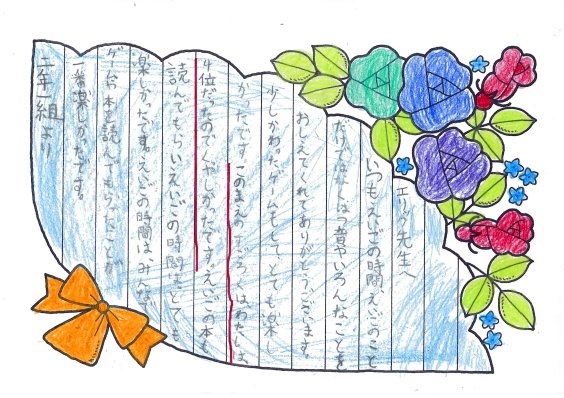Saturday afternoon I gave a speech for a group in Kyoto. Every month they get a speaker to talk about something unique. I once went to hear about a special type of lily which had almost gone extinct, but thanks to one man’s efforts had been saved. Next month will be a high school calligraphy prodigy. This month was just me… they wanted me to talk about my perspective on Japanese life and culture.
When it was first requested, I tried to explain to the organizer what a dangerous topic this is. Japanese people often ask very straight questions about how their society compares or is different to others. Many times: what did you find most shocking?; what is the most difficult point of living here?; and more of that ilk are thrown out as questions. But, quite understandably, people don’t really want to hear that their society is shocking or difficult. Personally, I think Japanese are particularly sensitive about this issue, so it seems inconsistent that they would ask this type of questions so often.
Anyhow, he laughed at me for being ‘overly concerned’; reassured me that my discussions are always ‘amusing’; and within an hour was offended by one of the potential talking points we were kicking around. Over the last week, I was tossing ideas around with my wife to flesh out the speech. I consider it a mark of pride that we have gotten to this point, because early in our marriage there were a few altercations which started when I used the words “In Japan…” to start a sentence. Some of these flare-ups weren’t even negative or stressful points, but she tensed up out of reflex at the beginning.
In our filtering through the dangerous topics there were a number to which see saw the amusing quality and wanted me to use them, but I showed her a few of the traps and she understood why I wanted to slash them.
On the day of the event, my topics were just enough to cover the time alotted (although, I forgot a couple points I really wanted to cover because I didn’t clarify them in my notes). At least a couple members were interested in almost every point and each member showed interest in at least a few points. I guess Lincoln would be proud, since I can’t expect to keep everyone interested in every point.
We broke for tea and desserts and then had open discussion and questions. This section went very well, with general enjoyment. One member asked some tough questions about Zazen (座禅) – a type of Buddhist meditation – which almost got me in trouble. I’m a big fan of meditation, but Buddhist belief structure doesn’t mesh with mine. We managed to get through that with some tact.
For me, the most stressful point was that I rarely practice formal speech patterns in Japan and it would be inappropriate of me to use the more casual forms in this type of speech. I caught myself slipping into habit many times, but afterwards everyone (including my wife) insisted that they never noticed. (I think they were being polite.)
